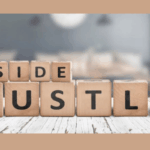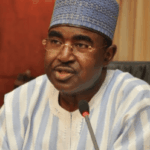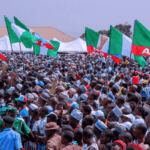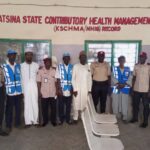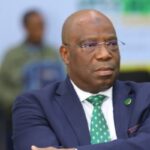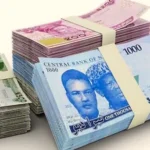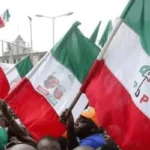Nigeria's private education sector – from crèches and primary schools to tertiary institutions – has grown rapidly in recent years, becoming one of the country's most dynamic industries. What began as a response to government neglect and economic austerity during the Structural Adjustment Program (SAP) in the late 1980s has since expanded into a multi-billion-naira enterprise. However, behind this expansion lies a troubling reality: falling standards, weak regulation and poor monitoring. Despite government efforts to set benchmarks
Nigeria's private education sector – from crèches and primary schools to tertiary institutions – has grown rapidly in recent years, becoming one of the country's most dynamic industries. What began as a response to government neglect and economic austerity during the Structural Adjustment Program (SAP) in the late 1980s has since expanded into a multi-billion-naira enterprise. However, behind this expansion lies a troubling reality: falling standards, weak regulation and poor monitoring. Despite government efforts to set benchmarks

